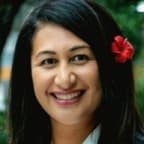Many Kiwis are looking forward to taking some much needed time off work, having barbeques, spending their holiday with loved ones at the beach or just getting away from city and urban life back to nature.
Others look forward to santa bringing presents and some attend church for Christmas celebrations.
But what do migrants do at Christmas?
Subscribe to Voices for free on Apple Podcasts, Spotify, Stitcher and Radio Public or wherever you listen to your podcasts.
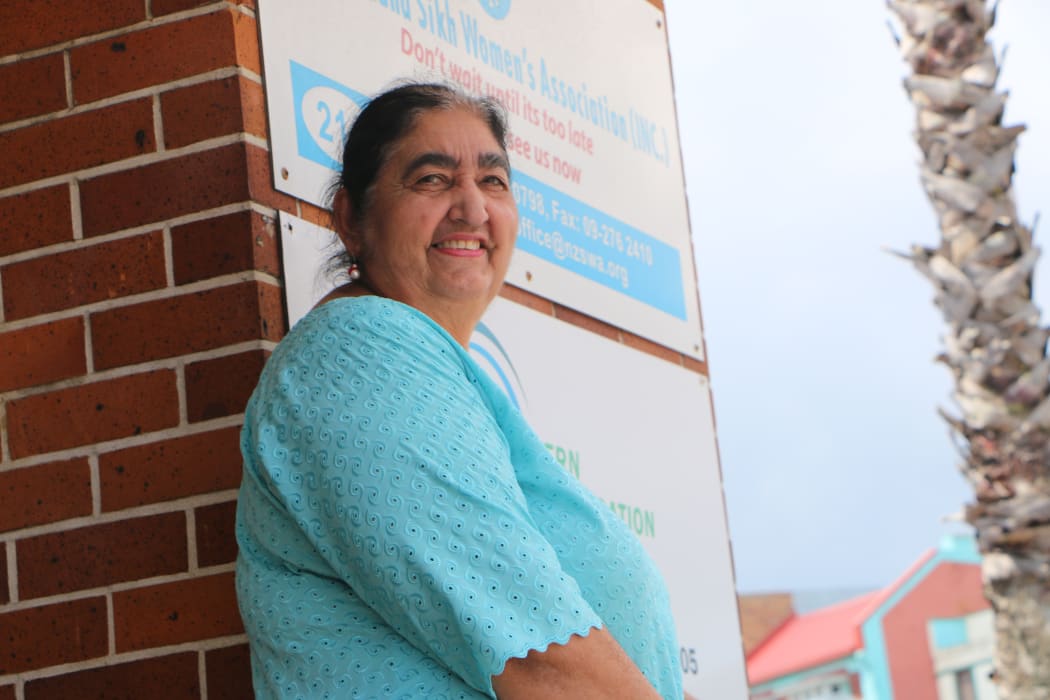
Jit Kaur Photo: RNZ / Sara Vui-Talitu
Malaysian, Jit Kaur, runs the New Zealand Sikh Women's Association out of a small office in Otahuhu South Auckland.
She started the Association in 2002 to support families experiencing domestic violence and many of them are South East Asian women and children.
Christmas and the holidays can often be a tough and pressured time for some families.
"For us normally we take a break over Christmas and for my office we are normally closed for three weeks. But over this time we are still on call for referrals and people can email or call anytime," she said.
Jit said she calls it a Christmas holiday but it doesn't have any religious significance for her.
Since being in New Zealand her family has integrated into this society.
"If Christmas falls on a Sunday though, people would go to the Temple for just a normal day of prayers," she tells me.
Jit's family in Aotearoa consists of two daughters, six grandsons and two son in laws.
"My staff are family as well," she tells me. "And a lot of people now I see look forward to exchanging gifts from my culture - especially the kids."
She hopes that the world would become safer for the children.
"My hope is for this organisation to go forward and my dream is to open a safehouse for my own community - the South East Asians."
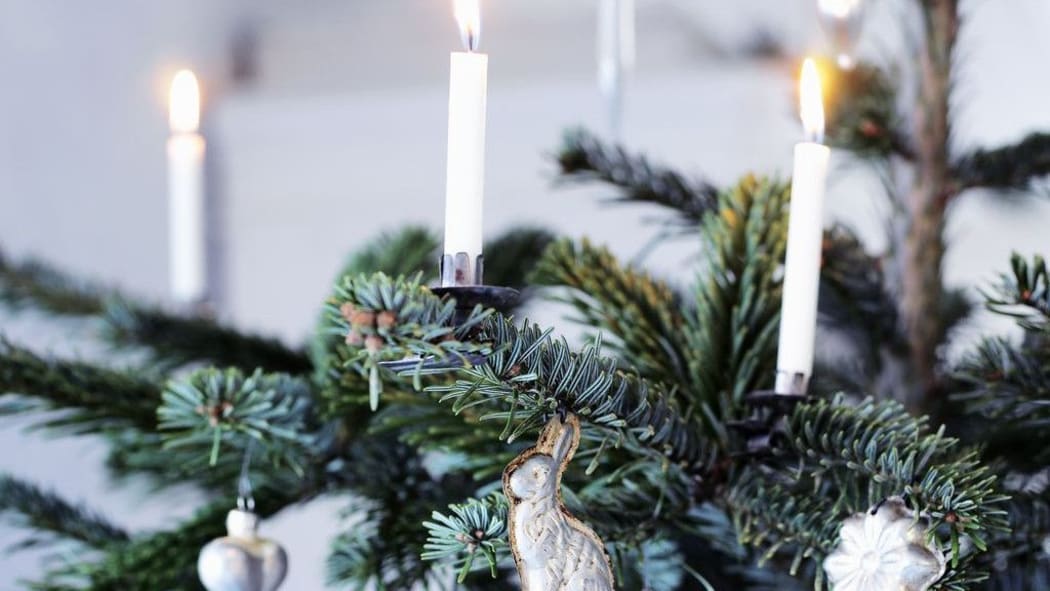
Denmark Christmas Tree Photo: Kristian Krogh / VisitDenmark
Meet Danish man Steen Bech who migrated here as a youngster. Now he is married to a Kiwi gal named Kiri and has children. His family celebrate two Christmases each year - a Kiwi one and a Danish one.
"Traditionally it's always done on the 24th," he tells me. "Danish food is centred usually around a roast pork but we've had duck on occasion a couple of times," he said.
There is also roast potatoes three ways, including caramel covered, as well as pickled cabbage and pickled cucumber salad.
"Plus there's also a rice salad with an almond in it and if you got the almond, you get a prize," he said.
There is also a Danish Club his late dad set up with others for the community to connect and share food and drink as well as fun.
"There was a downstairs, where the bar is for the adults, and upstairs is this big hall with lots of things going on like a magic show, a big tree and lots of dancing around the tree," he tells me.
A lot of celebrations also see a string of Danish flags come out,, straw wreaths, thatched heart made out of fabrics and a little elf on a shelf. In New Zealand some traditions still take some getting used to.
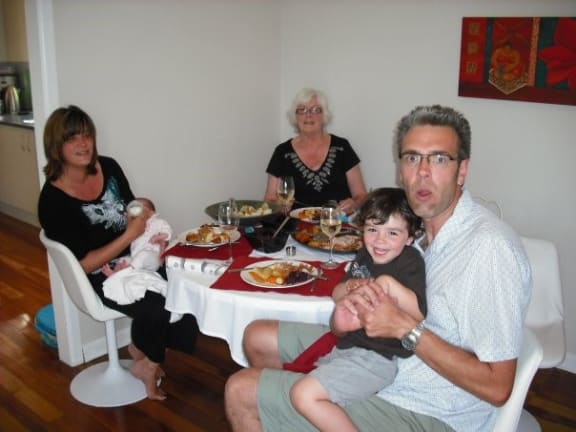
Steen Bech, Family Christmas 2010 Photo: Supplied
Deb Levy is a community educator for Auckland's Hebrew Congregation and because Jewish people follow a lunar calendar this time of year is about celebrating Hanukkah.
"Part of it is about candles and lights. And part of it is about religious freedom. Part of it is also about miracles," she said.
Deb said in Judaism, the light is really important.
"We have various times where we use light to commemorate different things," she said.
"Each week we use light to welcome in the Sabbath and then we say goodbye to the Sabbath as well.
"We also use light to remember those who have passed away and we have the Hanukkah Festival of Lights over eight days."
Deb warns New Zealanders to "watch out" if visiting Jewish people at this time.
"So it's not just about the light. We also have potato pancakes fried in oil. Plus its traditional to eat donuts and things are just cooked in lots and lots of oil."
Many Jewish people work during this holiday.
"We don't have the kind of equivalent of Christmas, but we are available," said Deb.
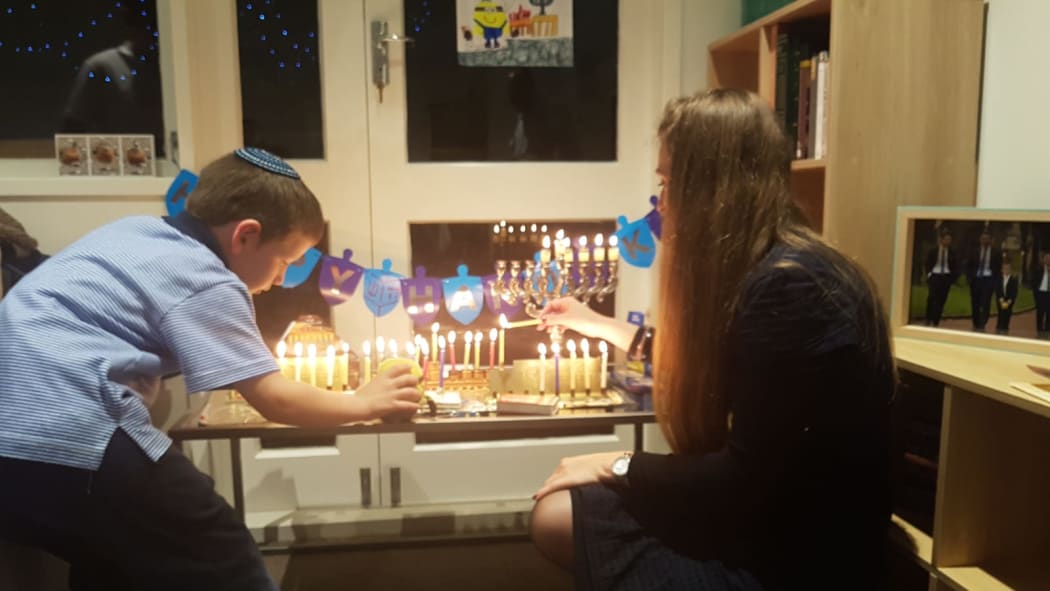
Deb Levy - Lighting as a family at home for Hanukkah Photo: Supplied
"So what you'll find is that a lot of us in the Jewish community don't need to get together with our friends and family, nor do we go to church like our Christian neighbours and so we can take on shifts they would normally work or volunteer at."
But for Deb and others in Auckland, part of Hanukkah celebrations was spent down at the beach.
"We just had Hanukkah down at Okahu Bay," she said. "It's one of the few places in the Bay where you will see this giant menorah being lit surrounded by Pohutukawa trees."
That menorah was a nine branch candelabrum that gets lit during the eight day Hanukkah holiday. For Jewish people, the Sabbath is important.
"I just want to wish everyone celebrating Christmas a really special and meaningful time with family and friends and community. "
"Also for those who aren't, how blessed are we to have these beautiful summer holidays and to be able to make the most of living in such a special country."
For Muslim Ikhlaq Kashkari, this is time for him and his family to go on a road trip.
Apart from a few things he can't do from an Islamic perspective, like eat pork or drink alcohol, this Aucklander will be like other Kiwis getting out and about this summer.
"I am going to go over to the Coromandel and go fishing, tramping, cycling and do lots of other fun things like everyone else," he said.
Ikhlaq said it has been a pretty good year and wishes everyone a good holiday.
"Enjoy it, have a great time and stay safe."
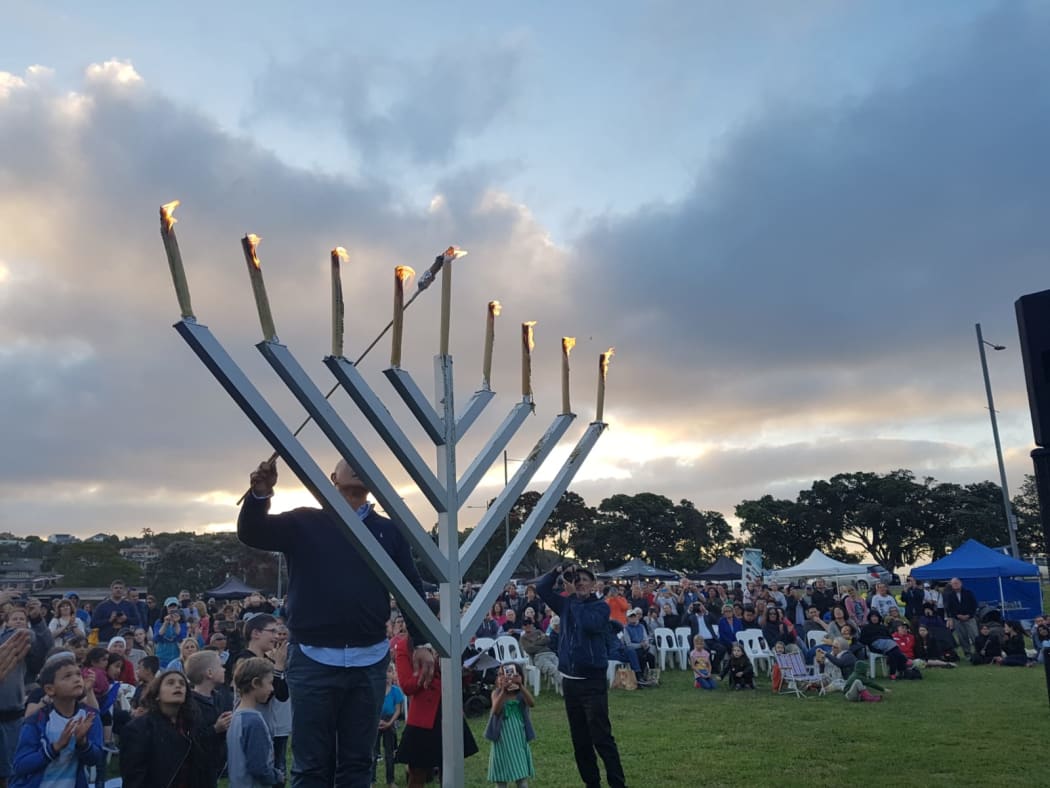
Lighting the Channukiah/Menorah at Okahu Bay, Auckland during Hanukkah Photo: Supplied
For one Filipino migrant and his family, Christmas is a key event on the religious calendar.
"For us, it's all about the birth of our saviour Jesus Christ. But it's also about family," said Jerome Isidro.
Nochebuena, which translates from Spanish to mean literally 'the good night', refers to Christmas Eve.
The night before Christmas is a big celebration steeped in cultural and religious significance for many Filipinos worldwide, as traditionally there are games and parties on the 24th December up until midnight mass. There is a big meal eaten after midnight and presents get opened too.
Jerome said he still does Nochebuena here, but it is a little different.
"Back in the Phillipines, by September or October the Christmas Tree is already up and there's lots of kids doing carolling already."
"And back there Christmas is really long as you can feel it, see it, smell it and its in all the food that you find."
Jerome said Christmas in Aotearoa was a big adjustment at first.
"Here in New Zealand it's a big change as the neighbourhood doesn't really have much Christmas lights or a lot of carolling. It's quite quiet."
Whatever people are up to, he wishes all New Zealanders a good season of faith, hope and peace.
"Enjoy this time with family and friends," he tells me. "Plus the food is always a great treat too."
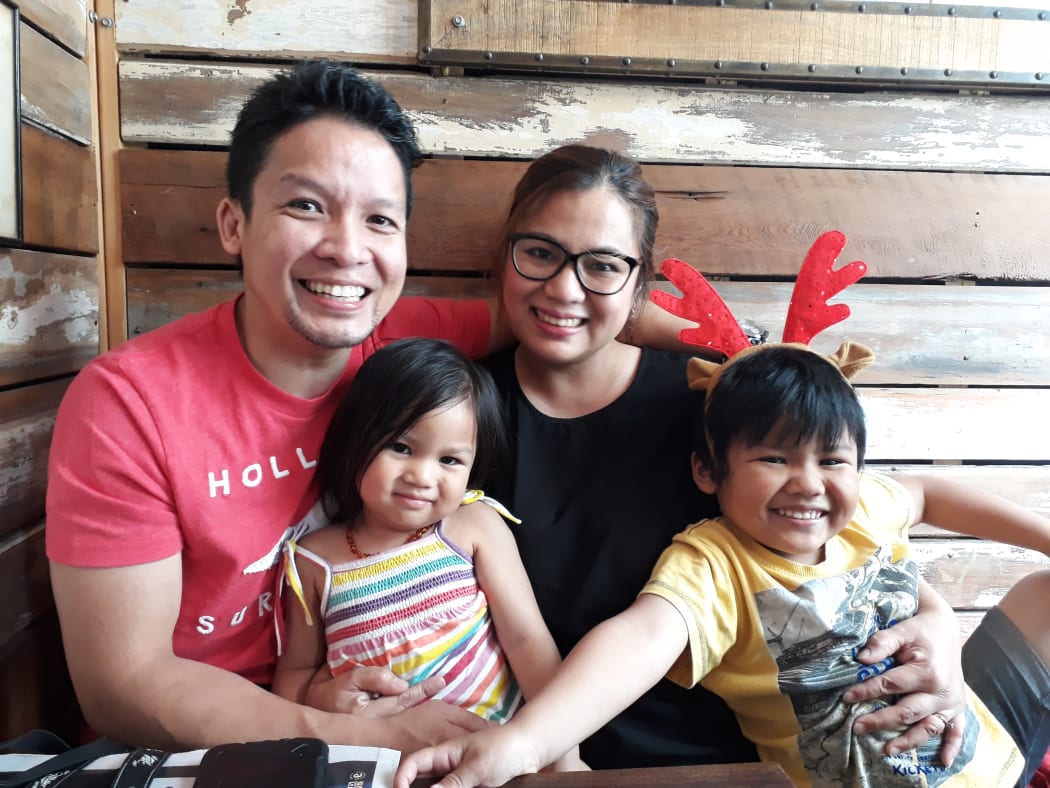
Filipino migrant Jerome Isidro and family Photo: RNZ / Sara Vui-Talitu
